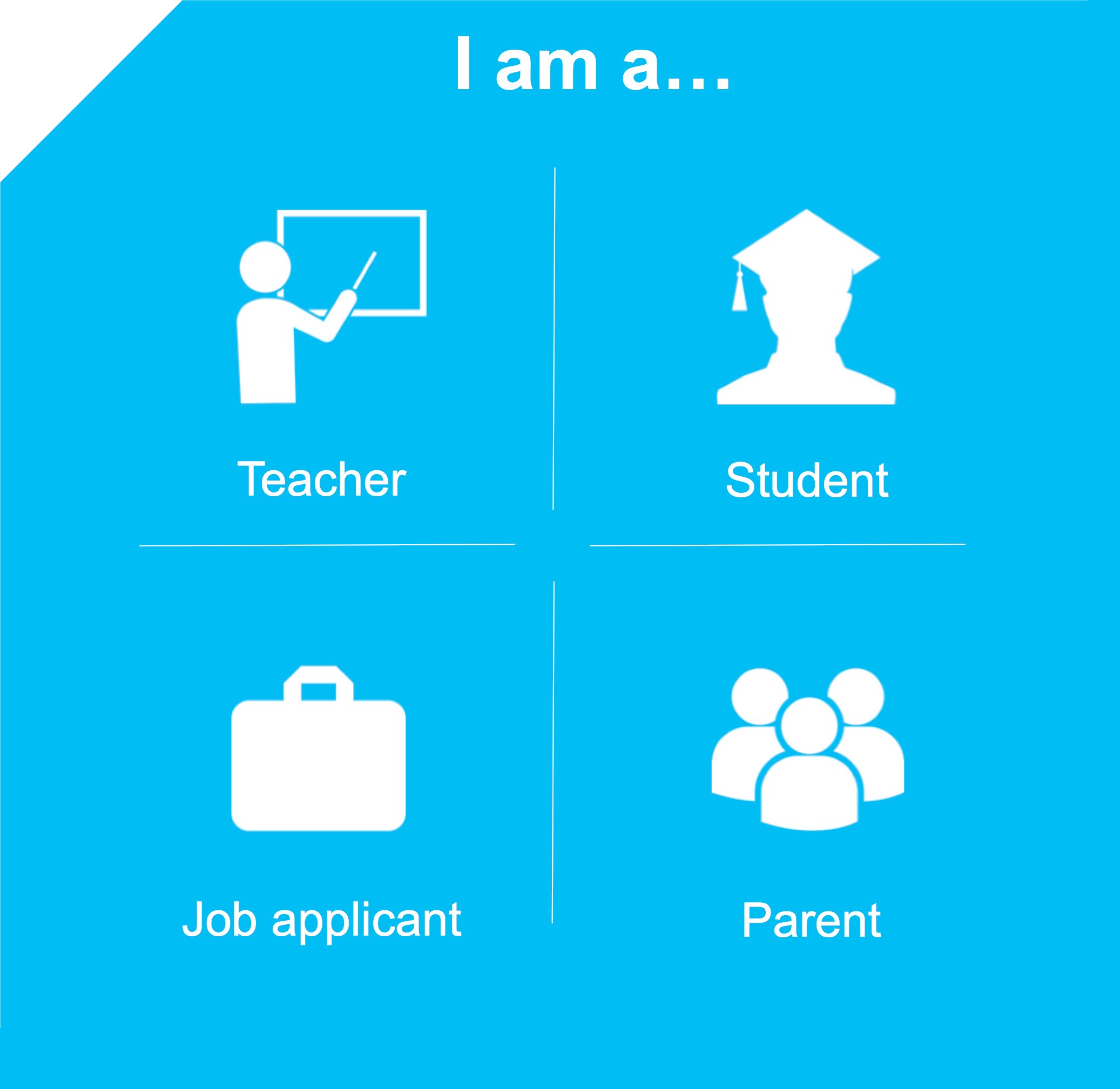Motivating your children is difficult. This is because real, lasting motivation must come from within the child. That is to say, a child must be internally motivated to achieve a certain goal or outcome, rather than being pushed or motivated externally.
Therefore, the best way to motivate your child is to equip them to motivate themselves. Research shows that motivation is most sustianable and realistic when an individual has a compelling vision or goal to work toward. They also need to see meaninful, consistent progress toward this goal.
Our study coaches work with students over a number of weeks to develop compelling goals around university courses, vocations and jobs. It's a gradual process, but we find that the best place to start is to ask your child what they are passionate about. From there you can begin to explore options that suit their interests and strengths.

